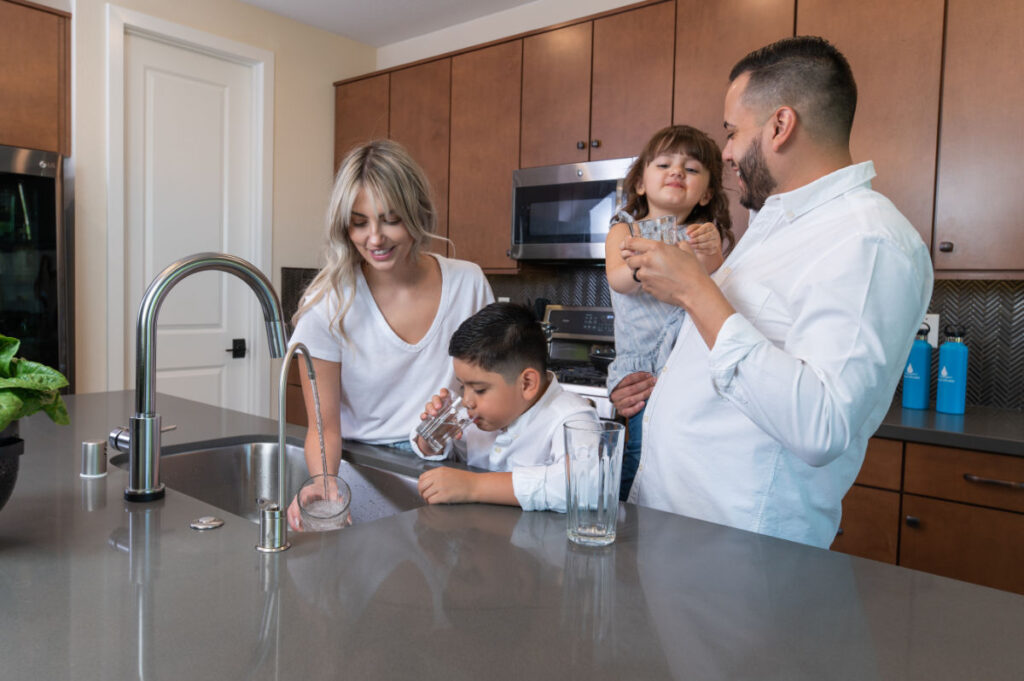We’ve all heard it: “Just boil the water, it’ll be fine!” Boiling water is a time-tested way to purify water, but does it reallymake your water completely safe? While boiling is great for killing some nasty stuff, it doesn’t solve all water quality problems. This post explains what boiling can do, what it can’t, and why a good water filtration system is crucial for long-term clean drinking water.
What Boiling Water Does Do: Killing the Bad Guys
Boiling water at 212°F (100°C) for at least one minute is a powerful way to kill:
This makes boiling a good short-term fix during emergencies or when you can’t filter your water.

What Boiling Water Doesn’t Do: The Hidden Dangers
While boiling water is great for killing some germs, it doesn’t remove everything. It leaves behind:
In some cases, boiling can actually concentrate these harmful substances, making the water more dangerous.
The Real Best Practices for Safe Water: Beyond Boiling

Multipure: Your Long-Term Solution for Clean Drinking Water
For everyday clean drinking water, you can rely on Multipure water filters. Multipure’s carbon block filters are designed to remove a wide range of contaminants, including those that boiling can’t touch. They provide clean, safe water for your family, giving you peace of mind.
Conclusion: Boiling is a Band-Aid, Filtration is the Cure
Boiling water is a valuable tool in emergencies, but it’s not a complete solution for clean drinking water. For true, long-term water safety, a high-quality water filtration system is essential. Invest in your family’s health and well-being by choosing the right filtration system for your home.







